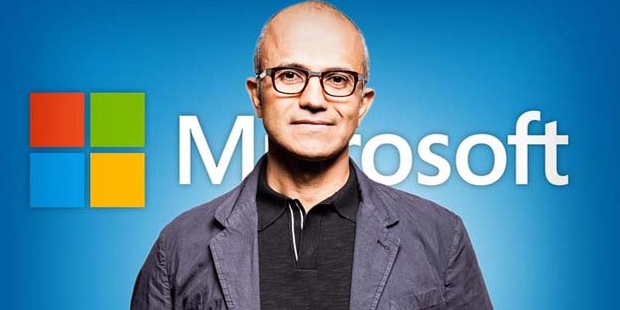"Apparently his campaign has taken away his Twitter," Obama scoffed, issuing an attack line on Donald Trump that would barely have made sense during his first stop there eight years earlier. "They had so little confidence in his self-control they said we're just going to take away your Twitter. If somebody can't handle a Twitter account, they can't handle the nuclear codes."
On most days last week Obama woke up at the White House with his schedule virtually cleared. Leaving around midday and returning late in the evening, he spent his downtime tossing a baseball around the Rose Garden with aides and tweaking his stump speech in the Oval Office.
In seemingly every spare moment, he's dialed African-American radio hosts across the swing states, chatting loosely backstage at his rallies and aboard Air Force One about his favorite hip-hop artists (Kendrick Lamar, Chance the Rapper)
A loss, however, has become a nightmare scenario. Obama's vision of the US is so at odds with Donald Trump's he told a crowd of 16,000 college students in Chapel Hill the "fate of the world is teetering."
"Anybody who is upset about a 'Saturday Night Live' skit, you don't want in charge of nuclear weapons," Obama taunted in Miami on Thursday, only to pierce the anger with yet another exasperated "C'mon man!"

/https%3A%2F%2Fblueprint-api-production.s3.amazonaws.com%2Fuploads%2Fcard%2Fimage%2F362295%2Fb59fa4b8-fd06-419e-b64b-762a4f379d8e.jpg)



